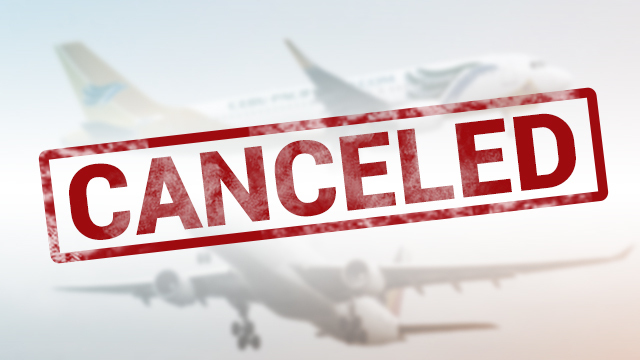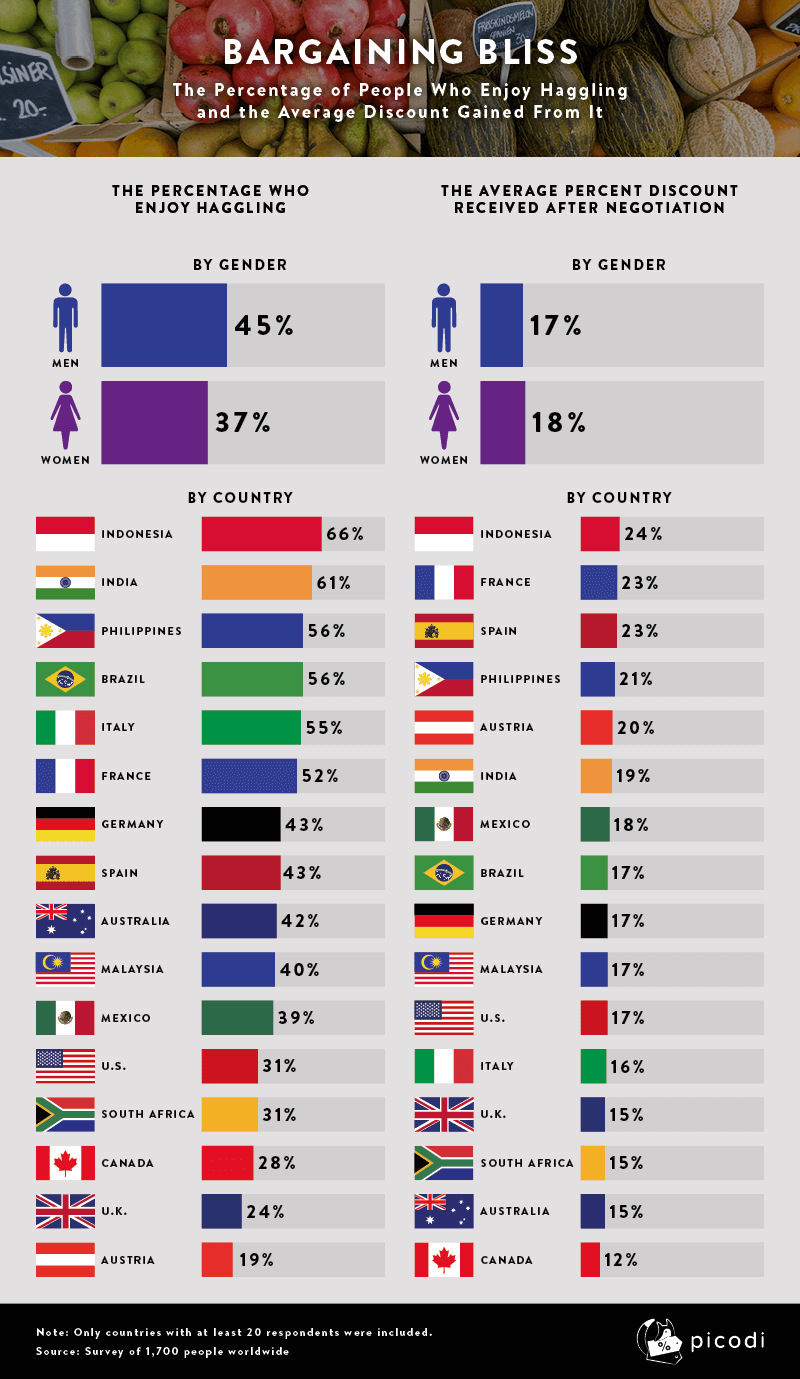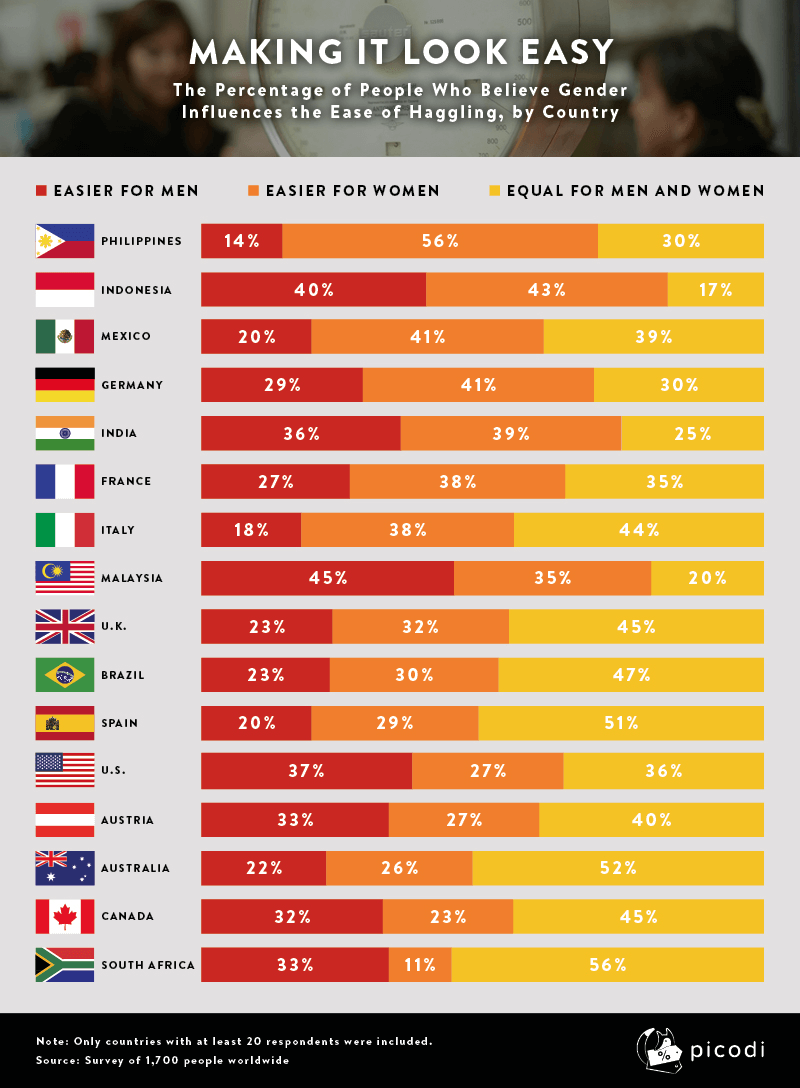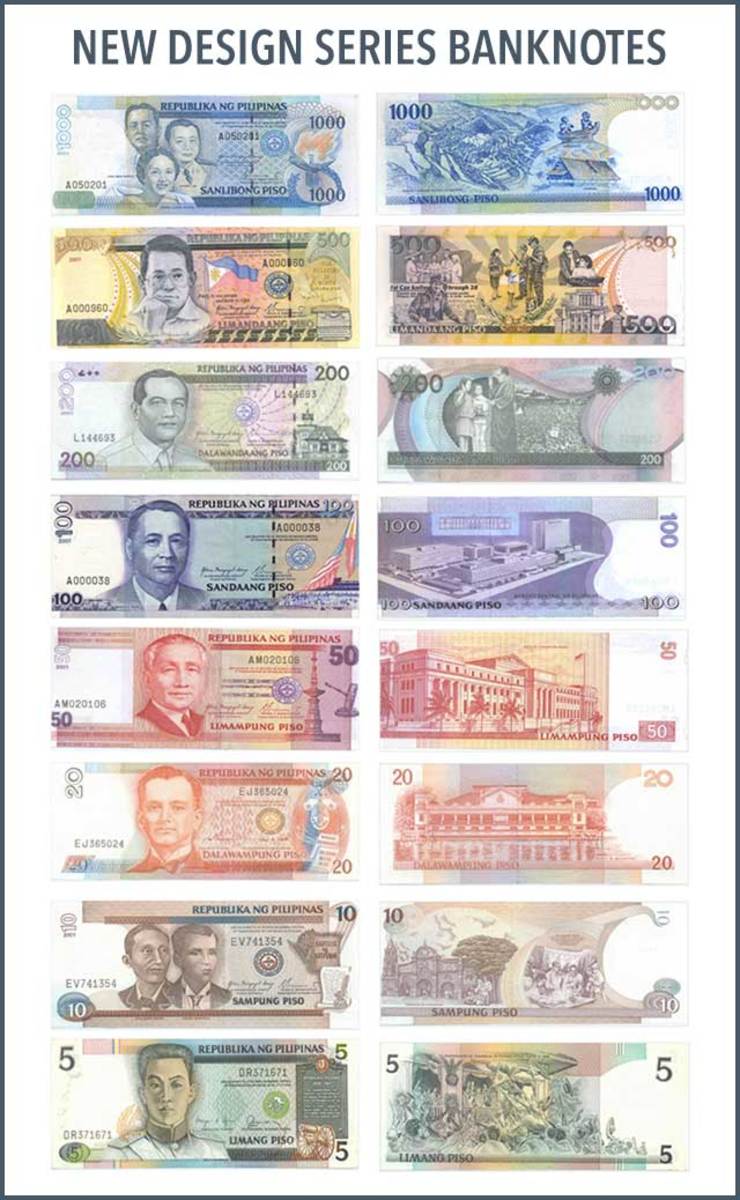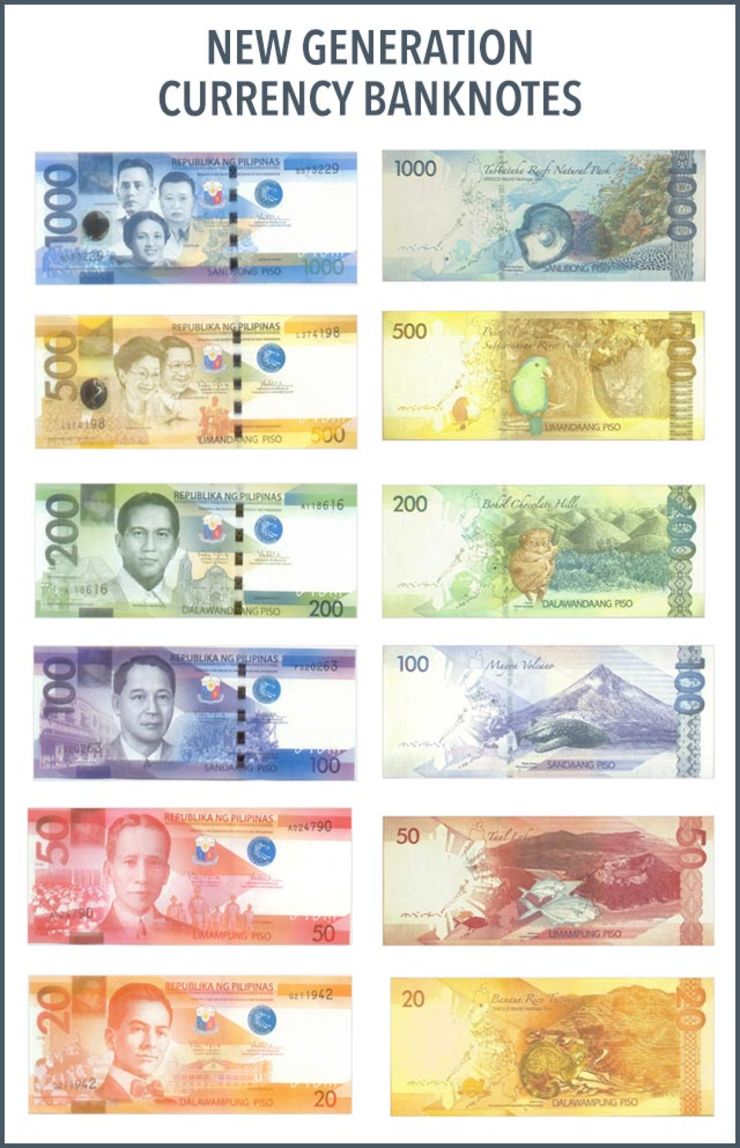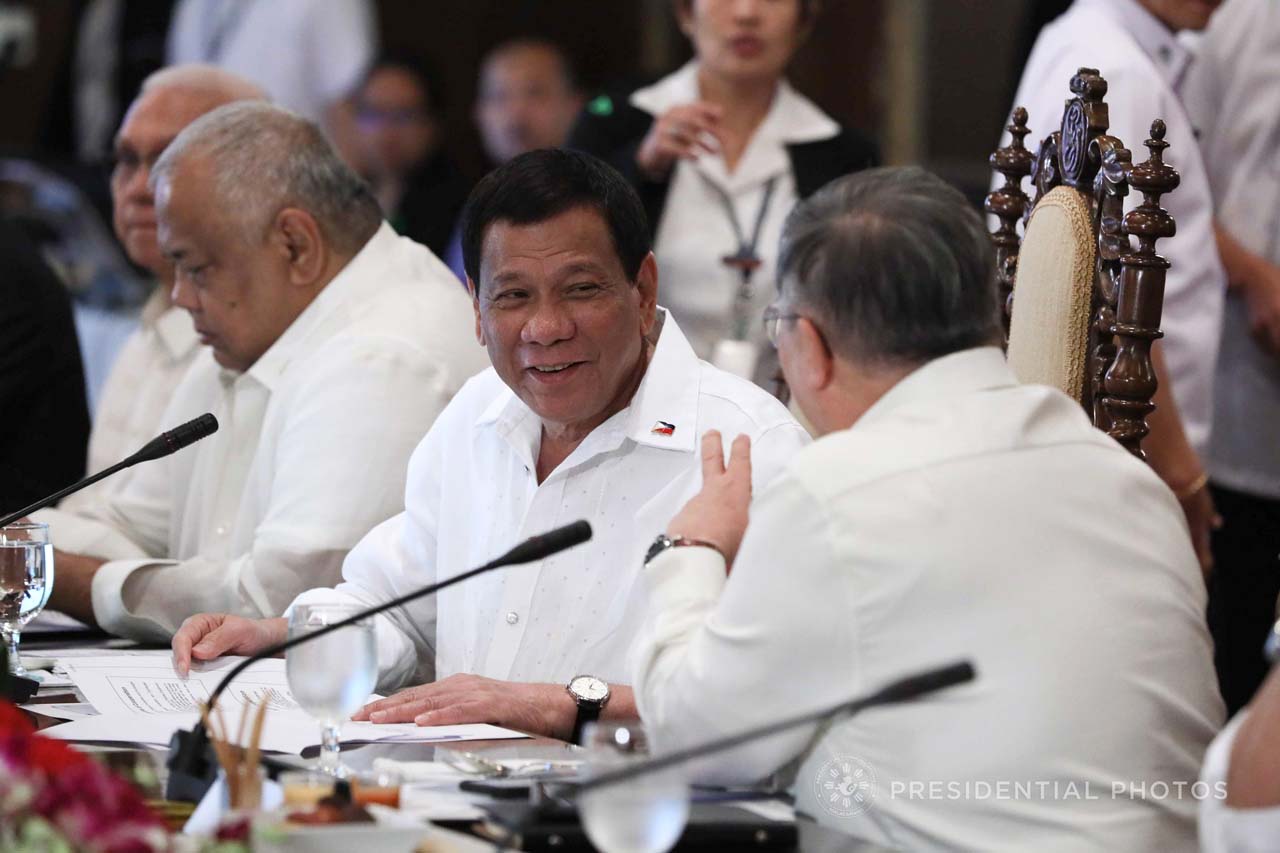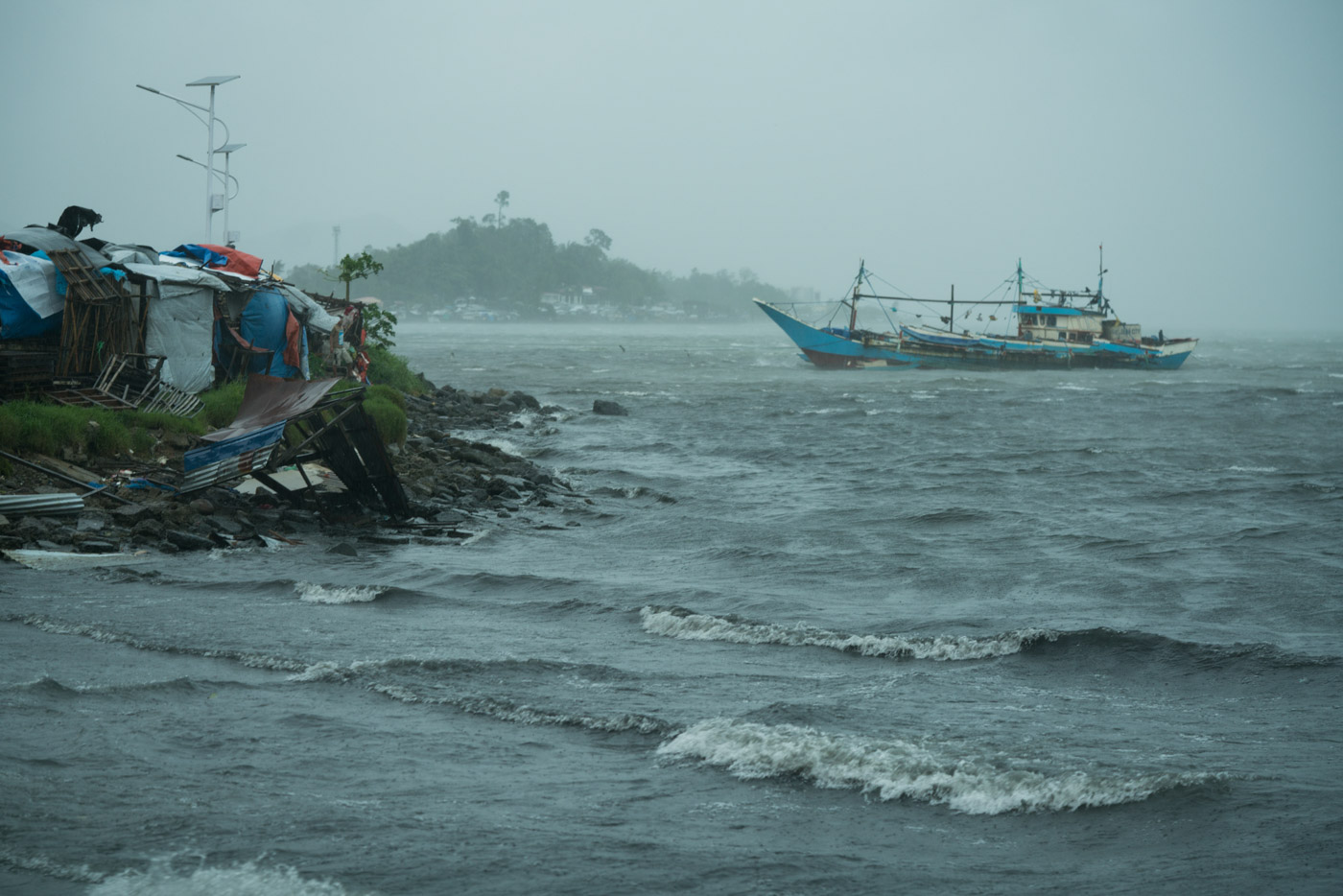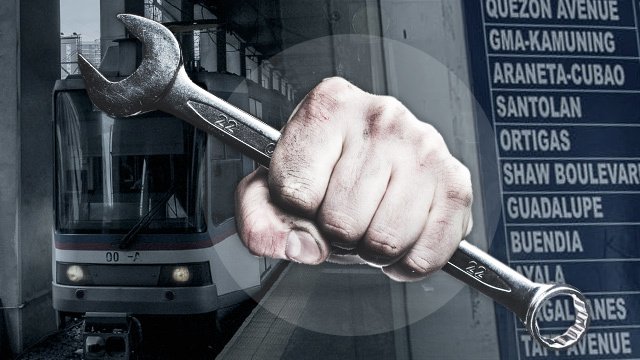
MANILA, Philippines – Japan-based Rating and Investment Information Incorporated (R&I) retained the Philippines' investment grade rating, as its economy is seen to bank solid growth fueled by the government's aggressive infrastructure plan.
The Tokyo-based debt watcher affirmed the one notch above the minimum investment grade rating of BBB for the Philippines on a stable outlook.
"The Philippines' economy is expected to post solid growth, driven by aggressive infrastructure investment under the Rodrigo Duterte administration," R&I said in a statement.
Economic managers had pegged the gross domestic product (GDP) growth target at 7% to 8% over the medium term, as the administration of President Rodrigo Duterte intends to spend as much as $190 billion for the country's much-needed infrastructure projects. (READ: Fitch upgrades Philippines' credit rating)
The Philippines has registered 75 quarters of uninterrupted growth as the country's economic growth accelerated to 6.9% in the 3rd quarter from the revised 6.7% in the 2nd quarter.
The Bangko Sentral ng Pilipinas (BSP) set an inflation target of 2% to 4% between 2017 and 2020.
Keeping an eye on income
"R&I will keep an eye on whether solid economic growth will bring about a steady rise in income levels," the debt watcher said.
"Going forward, given likely inflation pressure from tax reforms, higher oil prices, and the weaker currency, as well as from buoyant domestic demand, consumer price trends, and the way the central bank controls the situation would draw our attention," it added.
R&I said Philippine inflation would "not be a drag on the economy" even if there is an upward pressure from oil price trends and tax reform packages.
"Eyes are on the BSP's handling in inflation control while preserving economic growth momentum," R&I said.
The debt watcher said it is important for the Philippines to sustain the momentum of investment here and abroad through an improved business environment.
"In addition to robust private consumption backed by stable remittance inflows from overseas Filipinos, growth in investment has been increasing in recent years," it added.
R&I said it would not immediately take a negative view of the shift to a current account (CA) deficit after 13 straight years of surpluses since 2003 due to strong capital goods imports that could help sustain economic growth.
While increasing expenditure particularly on infrastructure investment, it added the government gives due consideration to revenue generation and fiscal sustainability, as exemplified by the ongoing reforms to broaden the tax base. – Rappler.com







